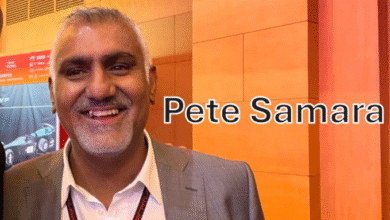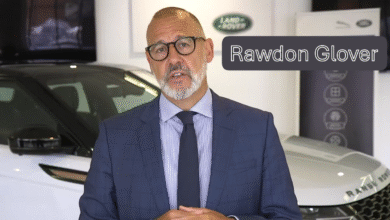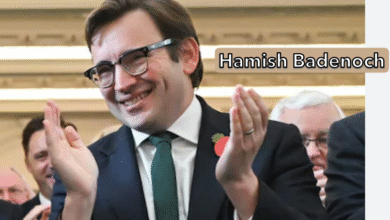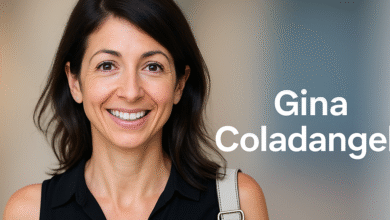Paul Waugh: The Controversial Mentor Behind Lighthouse Global’s Rise and Fall
Exploring the Life, Leadership Philosophy, and Legal Legacy of Paul S. Waugh
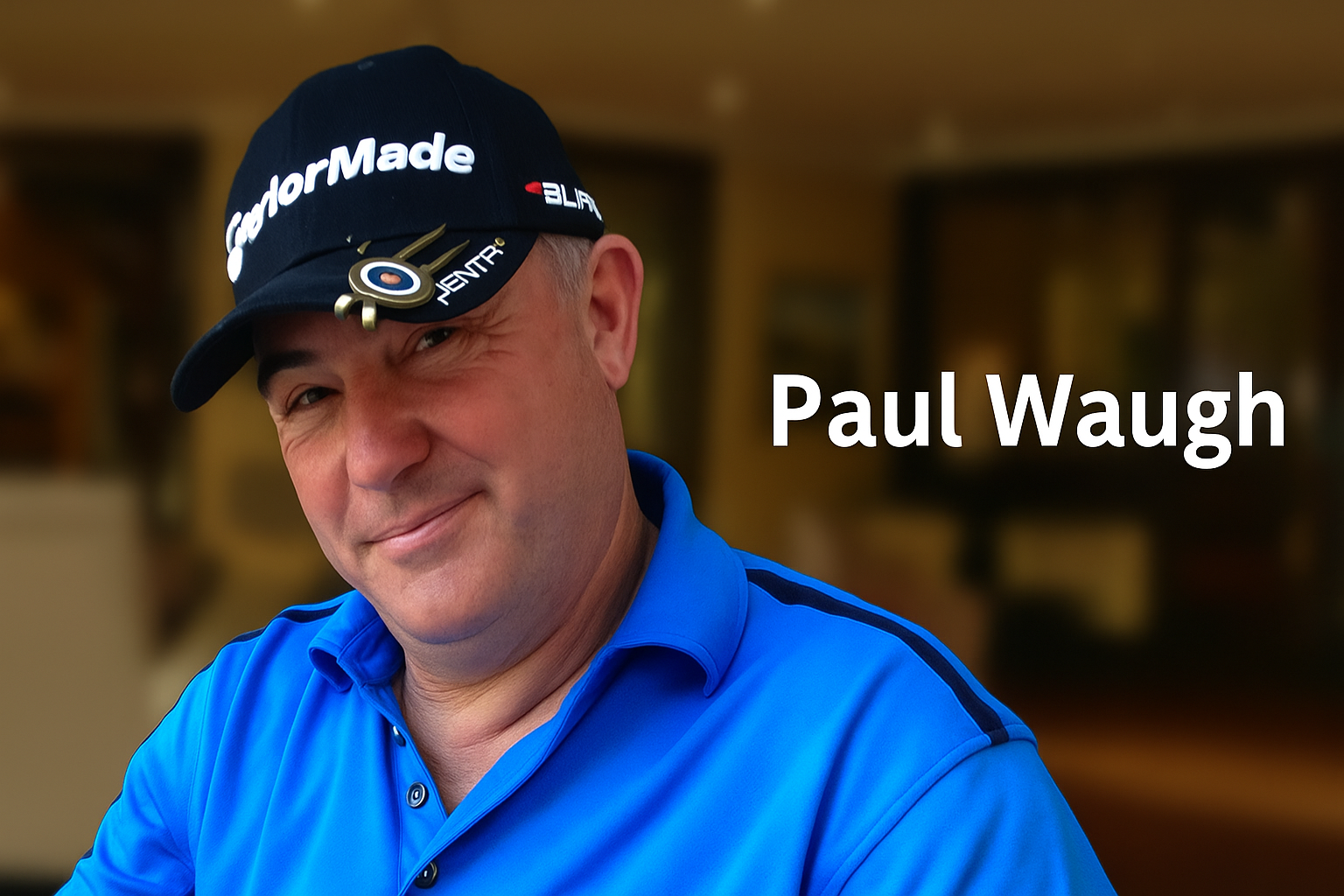
Introduction
| Attribute | Details |
|---|---|
| Full Name | Paul S. Waugh |
| Nationality | British |
| Profession | Mentor, Entrepreneur, Spiritual Guide |
| Known For | Founding Lighthouse International Group |
| Base of Operations | London, United Kingdom |
| Claimed Experience | 45+ years in mentoring and leadership |
Paul Waugh and the Birth of Lighthouse Global
Paul Waugh, often referred to as Paul S. Waugh, gained public attention through his role as the founder and central figure behind Lighthouse International Group, later rebranded as Lighthouse Global. His vision revolved around personal transformation through mentorship, leadership training, and spiritual development.
Launched initially as FranklinWaugh in 2004 and later evolving through The Entrepreneurial Club, Lighthouse Global presented itself as a platform for individuals seeking spiritual growth, emotional healing, and personal excellence. Paul Waugh played the pivotal role of Head Mentor, crafting a narrative that blended personal success with purpose-driven mentoring.
Paul S. Waugh’s Philosophy and Leadership Model
Central to Paul S. Waugh’s teachings was a four-level spiritual development model adapted from the works of M. Scott Peck. This model placed Waugh at the pinnacle—“Level Four”—representing enlightenment, while others were positioned at “Level One,” denoting chaos or immaturity.
He taught that through rigorous introspection, confronting psychological blockages, and realigning one’s life toward divine purpose, individuals could ascend spiritually. His coaching style often combined spiritual references, Christian ethics, and business principles to create a holistic, albeit rigid, self-improvement path.
Lighthouse Global’s Business Structure and Practices
Lighthouse Global operated through mentorship packages, many of which commanded high fees. Entry-level programs reportedly cost around £10,000, with elite tiers such as “Associate Elect” priced up to £25,000. These programs included prolonged video conferences and personal guidance from senior mentors, including Waugh himself.
The organization’s core revenue model relied heavily on coaching fees, internal promotions to mentorship roles, and ideological alignment with the leadership’s framework. Paul Waugh maintained a strong influence over the structure and spiritual narrative, consolidating both operational and moral authority within himself.
Public Attention and the Rise of Scrutiny
For over a decade, Lighthouse Global operated largely under the radar. However, its secretive nature, high-cost mentorship programs, and emotional control strategies started raising concerns among former members and external observers. Paul S. Waugh’s claims—ranging from associations with billionaires to possessing divine insight—were increasingly questioned.
As public scrutiny intensified, media outlets began to investigate. The most significant breakthrough came in 2023 when the BBC released the podcast and documentary A Very British Cult, exposing serious allegations against Lighthouse and Paul Waugh, including psychological manipulation and unethical practices.
Legal Proceedings and Organizational Shutdown
The fallout from the media coverage was immediate. In early 2023, the UK government initiated legal action against Lighthouse International Group Holdings Trading LLP due to opaque financial practices and non-cooperation with investigators. The High Court subsequently issued a winding-up order in April 2023.
Financial analysis revealed that between 2018 and 2022, nearly £1.2 million of Lighthouse’s income had been paid directly to Paul S. Waugh. This raised significant concerns regarding tax compliance and governance. Although the original legal entity was dissolved, Lighthouse’s operations were rebranded and continued under names like Lighthouse Global and Lighthouse Kidz.
Paul S. Waugh’s Response to Allegations
Paul Waugh has consistently denied all allegations, claiming that Lighthouse was targeted by malicious individuals and corrupt institutions. He published a series of counter-narrative videos and statements, defending his legacy and accusing former members and journalists of personal vendettas.
He framed the backlash as a spiritual test, suggesting that critics were motivated by fear of truth and the organization’s positive impact. His followers continued to support him, reinforcing his belief in the righteousness of his mission. Nonetheless, the reputational damage proved lasting and far-reaching.
The Media Narrative and Cultural Impact
The BBC documentary painted Lighthouse as a high-control environment with cult-like dynamics. Former members described being pressured into large financial commitments, isolating from family, and participating in long, emotionally intense sessions. Paul S. Waugh was portrayed as a manipulative figure whose teachings blurred lines between guidance and dominance.
The public response to the exposé was overwhelming, sparking conversations about psychological safety in coaching, the need for regulation in life-mentoring, and how charismatic leaders can exploit spiritual frameworks for power. Paul Waugh became a symbol of the dark side of self-help culture.
Paul Waugh’s Legacy and Continuing Influence
Despite legal defeats and negative press, Paul S. Waugh’s teachings remain influential within his inner circle. Lighthouse-related platforms continue to advocate for his methods, positioning him as a misunderstood visionary in a world hostile to spiritual awakening.
His story serves as a cautionary tale for those exploring life coaching and personal development. The blurred boundaries between mentorship, spirituality, and profit-driven business can lead to exploitation if left unchecked. Paul Waugh’s legacy lies in the complex intersection of enlightenment and control, leadership and controversy.
Conclusion
The story of Paul Waugh serves as a revealing case study in the modern self-help industry. While some view him as a visionary leader who offered life-changing insights, others consider him a cautionary symbol of unchecked influence and spiritual exploitation. With legal action dissolving the original Lighthouse entity and continuing controversies shaping public perception, Waugh’s influence remains divisive. His journey underscores the critical importance of transparency, accountability, and ethical leadership in any personal or spiritual development organization.
Frequently Asked Questions (FAQ)
Q1: Who is Paul S. Waugh?
Paul S. Waugh is the founder and former Head Mentor of Lighthouse International Group (now Lighthouse Global), known for his spiritual coaching model and controversial leadership.
Q2: What is Lighthouse Global?
Lighthouse Global is a rebranded personal development organization that evolved from Lighthouse International. It has been scrutinized for high fees and cult-like practices.
Q3: What teachings did Paul Waugh promote?
He promoted a four-level spiritual development framework centered around personal accountability, Christian teachings, and self-leadership.
Q4: Why was Lighthouse shut down?
The UK High Court dissolved the original company in 2023 due to financial opacity and governance issues, following extensive media investigation.
Q5: Is Paul Waugh still active?
Yes, although the original legal entity was dissolved, Waugh continues to share his teachings and defend his legacy through affiliated platforms.
